Home>Articles>What To Consider When Buying A New HVAC System
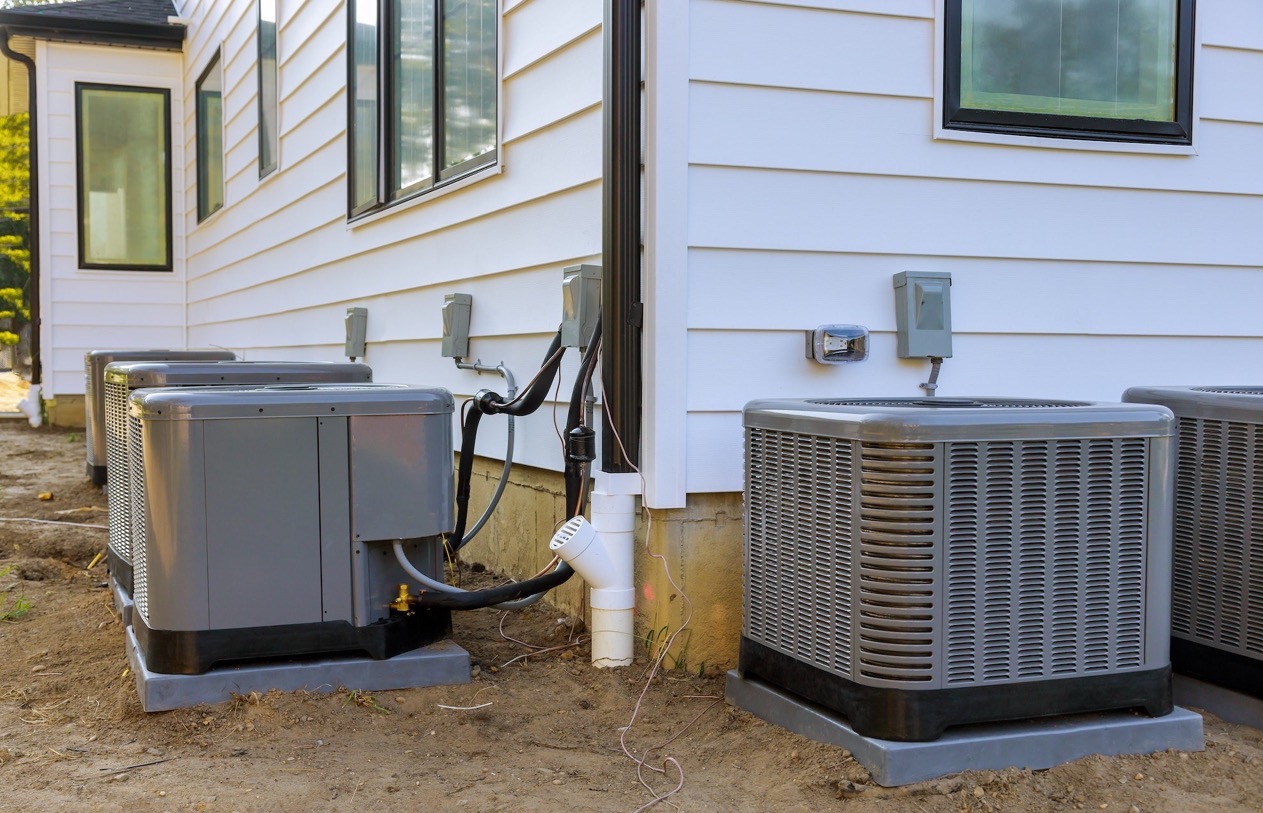

Articles
What To Consider When Buying A New HVAC System
Modified: October 28, 2024
Looking for articles on what to consider when buying a new HVAC system? Find expert advice and tips to help you make the right choice.
(Many of the links in this article redirect to a specific reviewed product. Your purchase of these products through affiliate links helps to generate commission for Storables.com, at no extra cost. Learn more)
Introduction
When it comes to ensuring the comfort of your home or office, a reliable and efficient HVAC (Heating, Ventilation, and Air Conditioning) system is essential. Whether you are building a new property or looking to upgrade your existing system, buying a new HVAC system is a significant investment that requires careful consideration.
In this article, we will discuss the key factors to take into account when buying a new HVAC system. From energy efficiency to size and capacity, installation requirements to maintenance and service, we will guide you through the process of choosing the right system for your needs.
Let’s dive in and explore the important factors that will help you make an informed decision when purchasing a new HVAC system.
Key Takeaways:
- Prioritize energy efficiency by choosing an HVAC system with high SEER and AFUE ratings, ENERGY STAR certification, and features like variable-speed motors. This not only saves money but also reduces your carbon footprint.
- Selecting the right HVAC system involves considering factors such as size, types, installation, maintenance, cost, warranty, noise levels, and local climate. Partnering with a reputable HVAC contractor ensures a successful and reliable installation.
Read more: When Is HVAC Installed In New Construction
Energy Efficiency
Energy efficiency is an important factor to consider when buying a new HVAC system. An energy-efficient system can significantly reduce your energy consumption and lower your monthly utility bills. Look for systems that have high SEER (Seasonal Energy Efficiency Ratio) ratings for air conditioners and AFUE (Annual Fuel Utilization Efficiency) ratings for furnaces. The higher the rating, the more efficient the system is.
Additionally, consider investing in systems with features like variable-speed motors, two-stage compressors, and programmable thermostats. These features allow for better control over the temperature and airflow, optimizing energy usage and maintaining consistent comfort levels.
It’s also important to look for systems that are ENERGY STAR certified. ENERGY STAR is a government-backed program that identifies appliances and systems that meet specific criteria for energy efficiency. By choosing an ENERGY STAR certified HVAC system, you can be confident that you are selecting a product that meets or exceeds industry standards for energy efficiency.
Remember, investing in an energy-efficient HVAC system not only benefits your wallet but also contributes to environmental sustainability by reducing your carbon footprint.
Size and Capacity
Size and capacity are crucial considerations when buying a new HVAC system. An improperly sized system can lead to inefficiencies, discomfort, and increased energy consumption.
To determine the right size for your HVAC system, you need to consider factors such as the square footage of the space, the number of rooms, ceiling height, insulation, and local climate. A professional HVAC contractor can perform a load calculation to accurately determine the size and capacity required for your specific needs.
It’s important to note that bigger is not always better when it comes to HVAC systems. An oversized system will cycle on and off more frequently, leading to increased wear and tear and higher energy bills. On the other hand, an undersized system will struggle to maintain desired temperatures and may run continuously, putting unnecessary strain on the components.
Therefore, it is crucial to invest in a system that is properly sized for your space. This will ensure optimal performance, energy efficiency, and long-term reliability.
Types of HVAC Systems
There are several types of HVAC systems available on the market, each with its own advantages and suitability for different environments. Understanding the different types can help you choose the system that best meets your needs.
1. Split Systems: This is the most common type of HVAC system, consisting of two main components – an outdoor unit (containing the condenser and compressor) and an indoor unit (containing the evaporator coil and blower). Split systems are ideal for homes with existing ductwork and provide both heating and cooling capabilities.
2. Packaged Systems: These systems are compact and contain all the components in a single unit. They are typically installed outdoors, either on the roof or on a concrete slab. Packaged systems are a great option for homes without space for separate indoor and outdoor units.
3. Ductless Mini-Split Systems: As the name suggests, ductless mini-split systems do not require ductwork. They consist of an outdoor compressor unit and one or more indoor air handling units that are mounted on the wall or ceiling. This type of system is perfect for individual room temperature control and for homes without existing ductwork.
4. Geothermal Heat Pump Systems: Geothermal heat pump systems harness the natural heat stored in the ground to provide both heating and cooling. They are highly energy-efficient and environmentally friendly. However, these systems require a significant upfront investment and may not be suitable for all locations or budgets.
5. Hybrid Systems: Hybrid systems combine a heat pump with a gas furnace, offering the flexibility to switch between electric and gas heating depending on energy prices and outdoor temperatures. These systems are ideal for regions with fluctuating weather conditions.
It’s important to consult with a professional HVAC contractor to determine the most suitable system for your specific requirements and budget.
Installation Requirements
Proper installation is crucial for the optimal performance and longevity of your HVAC system. It’s important to hire a qualified and experienced HVAC contractor who can ensure that the installation is done according to industry standards and manufacturer’s guidelines.
During installation, several factors need to be considered:
1. Ductwork: If you have a system that requires ductwork, make sure that the ducts are properly sized, sealed, and insulated. Poorly designed or leaky ductwork can result in energy loss and decreased efficiency.
2. Ventilation: Proper ventilation is essential for maintaining good indoor air quality. The HVAC contractor should assess whether additional ventilation systems, such as fresh air intakes or exhaust fans, are needed to ensure proper airflow.
3. Electrical Requirements: HVAC systems require an adequate power supply. Ensure that the electrical system in your home or office can handle the power requirements of the new HVAC system. Upgrading the electrical panel may be necessary in some cases.
4. Drainage: Proper drainage for condensation is important to prevent water damage and mold growth. The HVAC contractor should install drain lines and ensure they are routed away from the house or building appropriately.
5. Zoning and Controls: If you want different areas of your space to have individual temperature control, discuss zoning options with your HVAC contractor. This can be achieved through the use of multiple thermostats and dampers to regulate airflow in different zones.
6. Compliance with Building Codes: Ensure that the installation adheres to local building codes and regulations. This is important for safety and to avoid potential legal and insurance issues in the future.
Remember, professional installation is key to ensuring that your HVAC system operates efficiently and provides optimal comfort for years to come.
Maintenance and Service
Maintaining your HVAC system is essential for its longevity, energy efficiency, and overall performance. Regular maintenance and servicing will help identify and address potential issues before they become major problems. Here are some key points to consider:
1. Filters: Regularly clean or replace the air filters in your HVAC system. Dirty filters restrict airflow, reduce efficiency, and can lead to poor indoor air quality. Check the manufacturer’s recommendations for the recommended frequency of filter cleaning or replacement.
2. Duct Cleaning: Over time, dust, debris, and allergens can accumulate in the ductwork. Periodic duct cleaning can help improve indoor air quality and maintain proper airflow throughout your space.
3. Professional Inspections: Schedule regular inspections by a qualified HVAC technician. They can thoroughly assess your system, identify any potential issues, and perform necessary maintenance tasks such as lubricating moving parts, cleaning coils, and checking electrical connections.
4. Seasonal Tune-Ups: Before the start of each heating and cooling season, schedule a professional tune-up for your HVAC system. This will ensure that your system is running efficiently and identify any parts that may need repair or replacement.
5. DIY Maintenance: In addition to professional maintenance, there are some tasks you can do yourself. Keep the area around the outdoor unit clear of debris, check for any loose connections or signs of damage, and listen for any unusual sounds coming from the system.
6. Service Contracts: Consider signing up for a service contract with an HVAC company. These contracts typically include regular maintenance visits and priority service in case of system breakdowns.
Remember, regular maintenance not only extends the lifespan of your HVAC system but also helps maintain its energy efficiency, ensuring optimal performance and cost savings in the long run.
When buying a new HVAC system, consider the energy efficiency rating. Look for systems with a high SEER (Seasonal Energy Efficiency Ratio) rating to save on energy costs in the long run.
Cost and Budget
The cost of purchasing and installing a new HVAC system can vary depending on several factors such as system size, type, brand, additional features, and local market conditions. It’s important to establish a budget and consider the long-term cost implications of your decision.
Here are some cost considerations to keep in mind:
1. Upfront Costs: The upfront costs include the purchase price of the HVAC system, installation fees, and any necessary upgrades or modifications to the existing infrastructure. Get multiple quotes from reputable HVAC contractors to compare prices and choose the one that offers the best value for your budget.
2. Energy Efficiency: While high-efficiency systems may have a higher upfront cost, they can lead to significant energy savings over time. Consider the long-term savings on utility bills when weighing the overall cost of the system.
3. Financing Options: If the upfront cost is a concern, inquire about financing options offered by HVAC manufacturers or through your local bank. Many manufacturers offer financing plans with low or no-interest options, making it more affordable to purchase a new system.
4. Tax Credits and Rebates: Research if there are any tax credits or rebates available for purchasing energy-efficient HVAC systems. Some government and utility programs offer incentives to encourage the use of high-efficiency equipment.
5. Lifecycle Costs: Consider the lifecycle costs of the HVAC system, including maintenance, repairs, and eventual replacement. Investing in a higher-quality system may result in lower maintenance and repair costs over the life of the system.
Remember, while it’s important to consider your budget, it’s equally important to invest in a reliable and efficient HVAC system that will provide the desired comfort and performance for years to come.
Warranty and Support
When purchasing a new HVAC system, it’s crucial to consider the warranty and support provided by the manufacturer and the HVAC contractor. A comprehensive warranty and reliable support ensure peace of mind and can save you from unexpected expenses in case of system malfunctions or failures.
Here are some key points to consider:
1. Manufacturer’s Warranty: Review the manufacturer’s warranty for the HVAC system. This warranty typically covers the major components and gives you protection against manufacturing defects. Pay attention to the duration of the warranty and what specifically is covered. Some manufacturers offer extended warranties for an additional cost.
2. HVAC Contractor’s Warranty: In addition to the manufacturer’s warranty, reputable HVAC contractors usually provide their own warranty on the installation work. This warranty covers the labor and ensures that any issues arising from the installation will be addressed by the contractor.
3. Maintenance Requirements: Check the warranty’s fine print for any specific maintenance requirements. Regular maintenance might be necessary to keep the warranty valid. Ensure that you are willing and able to fulfill these maintenance obligations to avoid any potential warranty disputes.
4. Support and Service: Consider the support and service offered by the manufacturer and the HVAC contractor. Are they responsive and reliable when it comes to addressing service requests or resolving issues? Good customer support ensures that you have a reliable point of contact in case of any problems that may arise with the system.
5. Extended Warranty Options: Some manufacturers or HVAC contractors may offer extended warranty options for an additional fee. Assess whether an extended warranty is worth the investment for your specific needs and budget.
Remember to carefully read and understand the warranty terms and conditions. Ask any questions you may have before making a final decision on the HVAC system and the accompanying warranty and support.
Noise Levels
Noise levels are an important consideration when purchasing a new HVAC system, especially if you value a quiet and peaceful environment in your home or office. The noise produced by the system can affect your comfort and even disrupt daily activities.
Here are some factors to consider regarding noise levels:
1. Sound Ratings: HVAC systems are assigned sound ratings measured in decibels (dB). The lower the dB rating, the quieter the system. Look for systems that have lower sound ratings to minimize noise disturbances.
2. Indoor Unit Noise: The noise produced by the indoor unit, including the blower and fan, can vary depending on the design and quality of the system. Consider systems with features that reduce noise, such as insulated cabinets, vibration dampeners, and variable-speed motors.
3. Outdoor Unit Noise: The outdoor unit, which houses the condenser and compressor, can generate noise that can be heard both inside and outside of the property. Choose systems with noise-reducing features like sound-dampening technology and fan blade design improvements.
4. Location Considerations: The location of the HVAC system can also impact noise levels. Avoid placing the outdoor unit near windows, patios, or other areas where noise can be a potential disturbance. Work with your HVAC contractor to identify the best location for the outdoor unit to minimize noise impact.
5. Maintenance: Proper maintenance of the HVAC system can also contribute to reducing noise levels. Dirty or worn-out components can increase noise levels. Regular cleaning and servicing can help prevent excessive noise caused by mechanical issues or debris accumulation.
6. User Reviews: Read user reviews and seek feedback from others who have installed the same HVAC system. This can provide valuable insights into the noise levels and overall satisfaction of the system’s performance.
Remember, noise levels can significantly impact your comfort and peace of mind. Take the time to research and invest in a system that provides a quiet and serene environment in your space.
Read more: Where To Buy A HVAC System
Local Climate and Weather Factors
When buying a new HVAC system, it’s essential to consider the local climate and weather factors in your area. The climate plays a significant role in determining the type and capacity of the system needed to ensure optimal comfort and energy efficiency.
Here are some important factors to consider:
1. Temperature Range: Evaluate the average temperature range throughout the year in your location. If you live in an area with extreme temperature fluctuations, you may need a system with higher heating or cooling capacity to maintain comfortable indoor temperatures.
2. Humidity Levels: Consider the humidity levels in your area. If you live in a humid climate, you may want to invest in a system with dehumidification capabilities to maintain a comfortable indoor environment.
3. Energy Efficiency: Choose a system that is suitable for your climate to maximize energy efficiency. For example, in hot climates, selecting an air conditioning system with a high SEER rating can help you save on cooling costs. Similarly, in colder regions, investing in a furnace with a high AFUE rating will ensure efficient heating during winter months.
4. Seasonal Considerations: Take into account the different seasons and the specific weather patterns they bring. Some HVAC systems have features that can adjust to changing weather conditions, such as variable-speed motors that can provide precise temperature and humidity control year-round.
5. Insulation and Windows: Assess the insulation levels of your home or office and the quality of the windows. Proper insulation and energy-efficient windows can help maintain a consistent indoor temperature and reduce the workload on your HVAC system.
6. Renewable Energy Opportunities: Consider if your local climate provides opportunities for utilizing renewable energy sources. Solar panels or geothermal systems can offer more sustainable heating and cooling options, depending on the feasibility and availability of these technologies in your area.
Analyze the specific climate and weather factors in your region and consult with a professional HVAC contractor to determine the most suitable system that can effectively handle the demands of your local climate.
Choosing the Right HVAC Contractor
Choosing the right HVAC contractor is crucial for ensuring a successful installation and long-term performance of your HVAC system. Here are some key factors to consider when selecting a contractor:
1. Experience and Reputation: Look for an HVAC contractor with significant experience in the industry. A well-established contractor with a good reputation is more likely to have the expertise and knowledge necessary to handle your installation professionally.
2. Licensing and Certifications: Ensure that the contractor holds the necessary licenses and certifications required by your state or local authorities. This ensures that they meet the minimum standards for competency, safety, and professionalism.
3. Insurance Coverage: Verify that the contractor has appropriate insurance coverage, including liability insurance and workers’ compensation. This protects you from liability in case of accidents or damages that may occur during the installation process.
4. References and Reviews: Ask for references from previous clients to gauge their satisfaction with the contractor’s work. Additionally, read online reviews to get a broader understanding of the contractor’s reputation and customer experiences.
5. Comprehensive Estimation: A reputable HVAC contractor will provide a detailed and accurate estimate that outlines all the costs associated with the installation. Be wary of contractors who provide vague or incomplete estimates.
6. Energy Efficiency Expertise: Look for contractors who are knowledgeable about energy-efficient HVAC systems and can provide recommendations on the most efficient options for your specific needs. An experienced contractor can help you choose a system that maximizes energy savings.
7. Contracts and Guarantees: Ensure that the contractor provides a written contract that outlines the scope of work, warranties, and guarantees. This helps protect your interests and ensures that both parties are on the same page about the project.
8. Transparency and Communication: Choose a contractor who is transparent and communicative throughout the process. They should be responsive to your inquiries and able to explain technical details in a way that you can understand.
9. Maintenance and Service: Inquire about the contractor’s maintenance and service offerings. A contractor who offers regular maintenance services can help ensure the long-term performance and reliability of your HVAC system.
Take the time to research and compare multiple HVAC contractors before making your decision. Trust your instincts and choose a contractor that aligns with your needs, budget, and expectations.
Conclusion
Choosing a new HVAC system requires careful consideration of various factors to ensure optimal comfort, energy efficiency, and long-term performance. By taking into account factors such as energy efficiency, size and capacity, types of systems, installation requirements, maintenance, cost and budget, warranty and support, noise levels, local climate and weather factors, and selecting the right HVAC contractor, you can make an informed decision that meets your specific needs and budget.
Energy efficiency is a crucial factor to reduce energy consumption and lower utility bills. Look for systems with high SEER ratings and consider features like variable-speed motors and programmable thermostats to optimize energy usage. Additionally, choose a system that is properly sized and capable of meeting the heating and cooling demands of your space.
Consider the different types of HVAC systems available, including split systems, packaged systems, ductless mini-split systems, geothermal heat pump systems, and hybrid systems, and choose the one that best suits your requirements.
Ensure that the installation of your HVAC system is performed by a qualified and experienced contractor who adheres to industry standards and guidelines. Proper maintenance and servicing are essential for the performance and longevity of your system, so make sure to schedule regular inspections and tune-ups.
Consider your budget and the long-term cost implications of your decision. Take advantage of financing options, tax credits, and rebates to make your investment more affordable. Also, ensure that you have a comprehensive warranty in place to protect against unexpected expenses.
Pay attention to noise levels, especially if you value a quiet environment. Consider the local climate and weather factors, including temperature range, humidity levels, and seasonal variations, to choose a system that can provide optimal comfort and energy efficiency throughout the year.
Finally, choose an HVAC contractor with a solid reputation, licenses and certifications, comprehensive estimation, and good communication skills. A reliable contractor can guide you through the entire process and ensure the successful installation and long-term performance of your HVAC system.
In conclusion, buying a new HVAC system is a significant investment, and careful consideration of these factors will help you make an informed decision that meets your comfort needs, energy efficiency goals, and budget requirements. By selecting the right system and working with a reputable contractor, you can enjoy reliable comfort and peace of mind for years to come.
Frequently Asked Questions about What To Consider When Buying A New HVAC System
Was this page helpful?
At Storables.com, we guarantee accurate and reliable information. Our content, validated by Expert Board Contributors, is crafted following stringent Editorial Policies. We're committed to providing you with well-researched, expert-backed insights for all your informational needs.
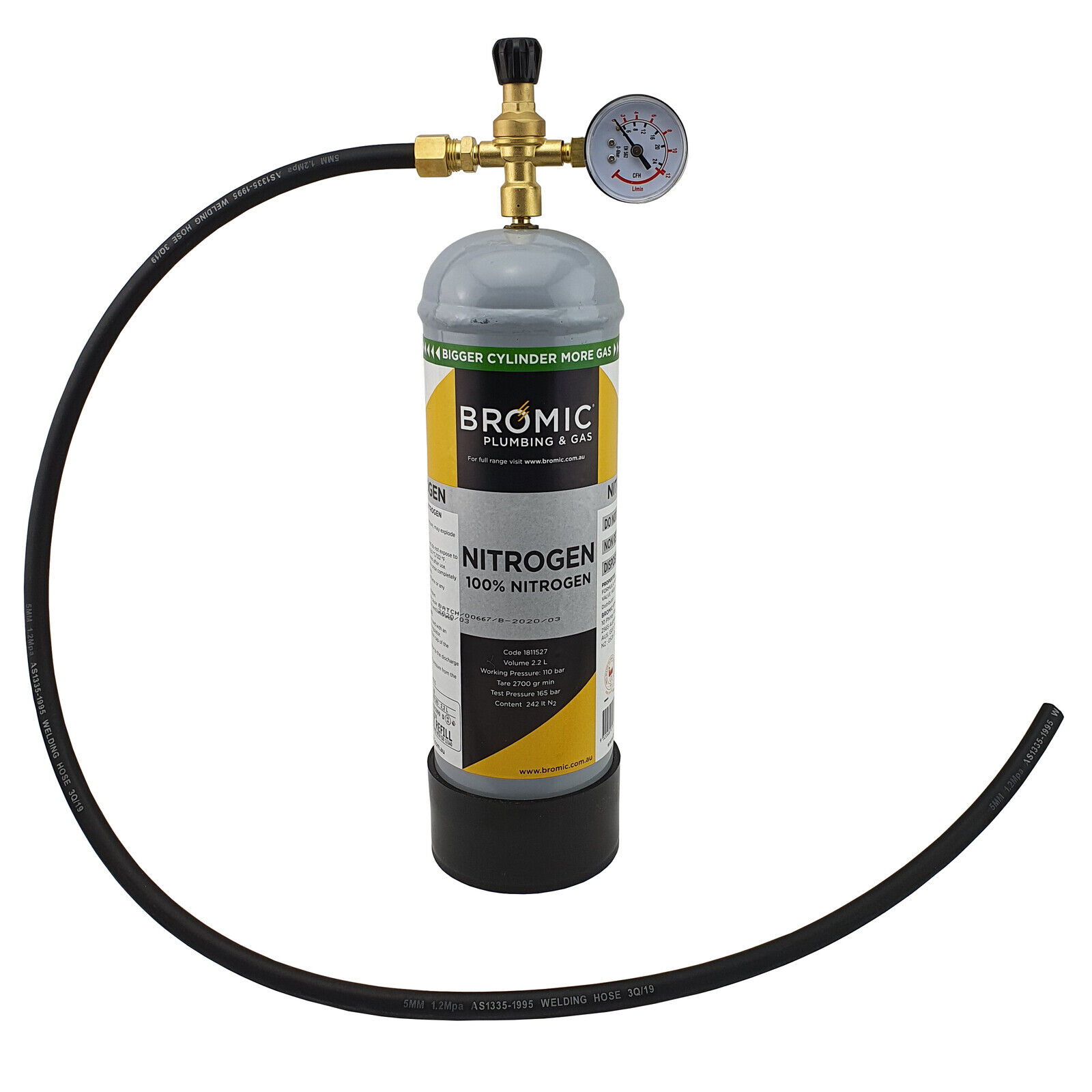
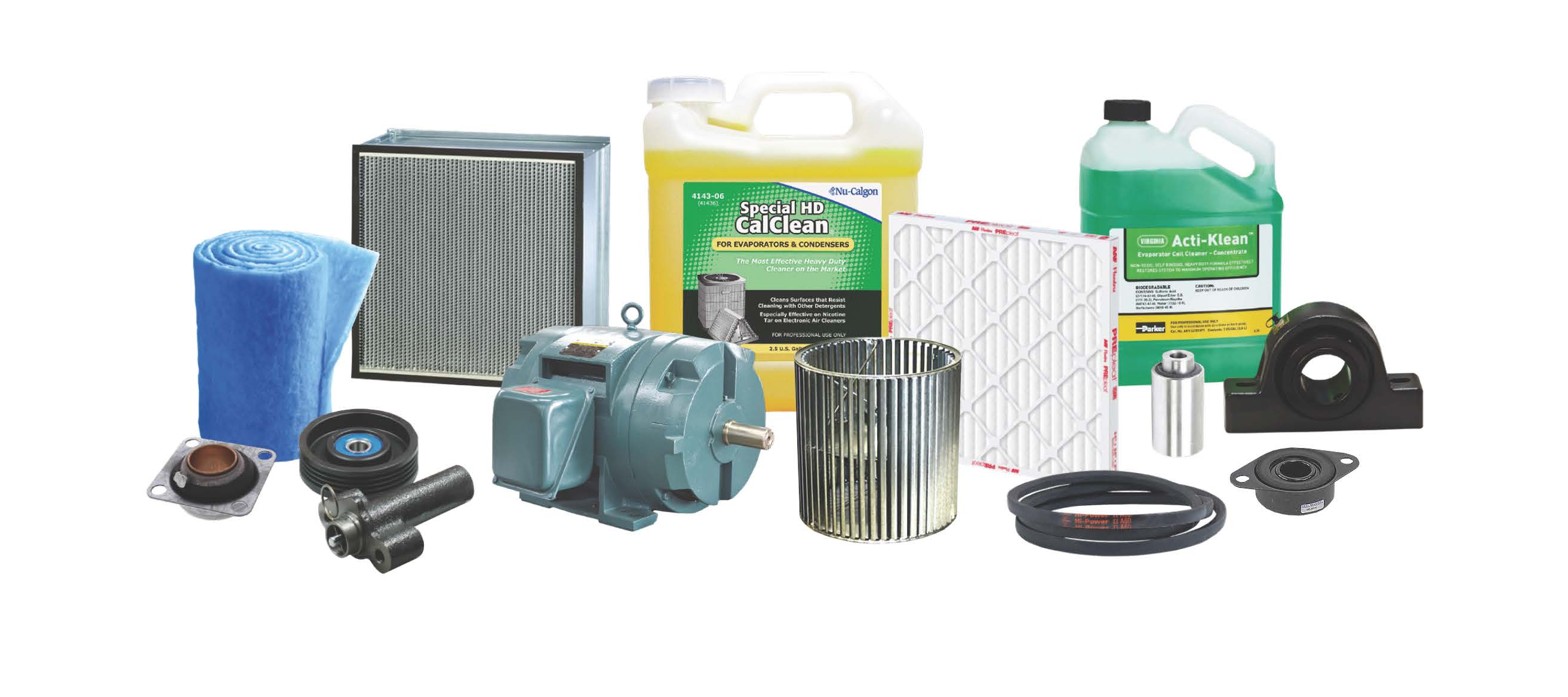
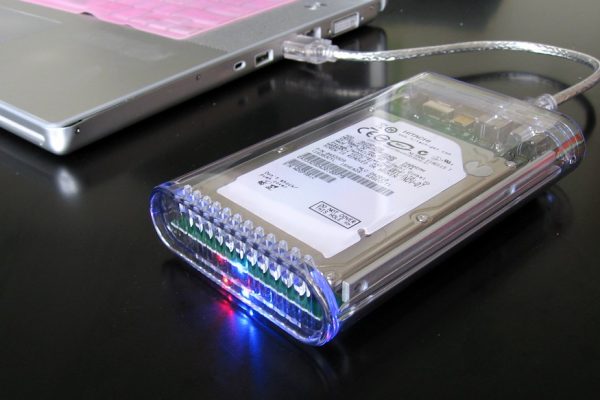
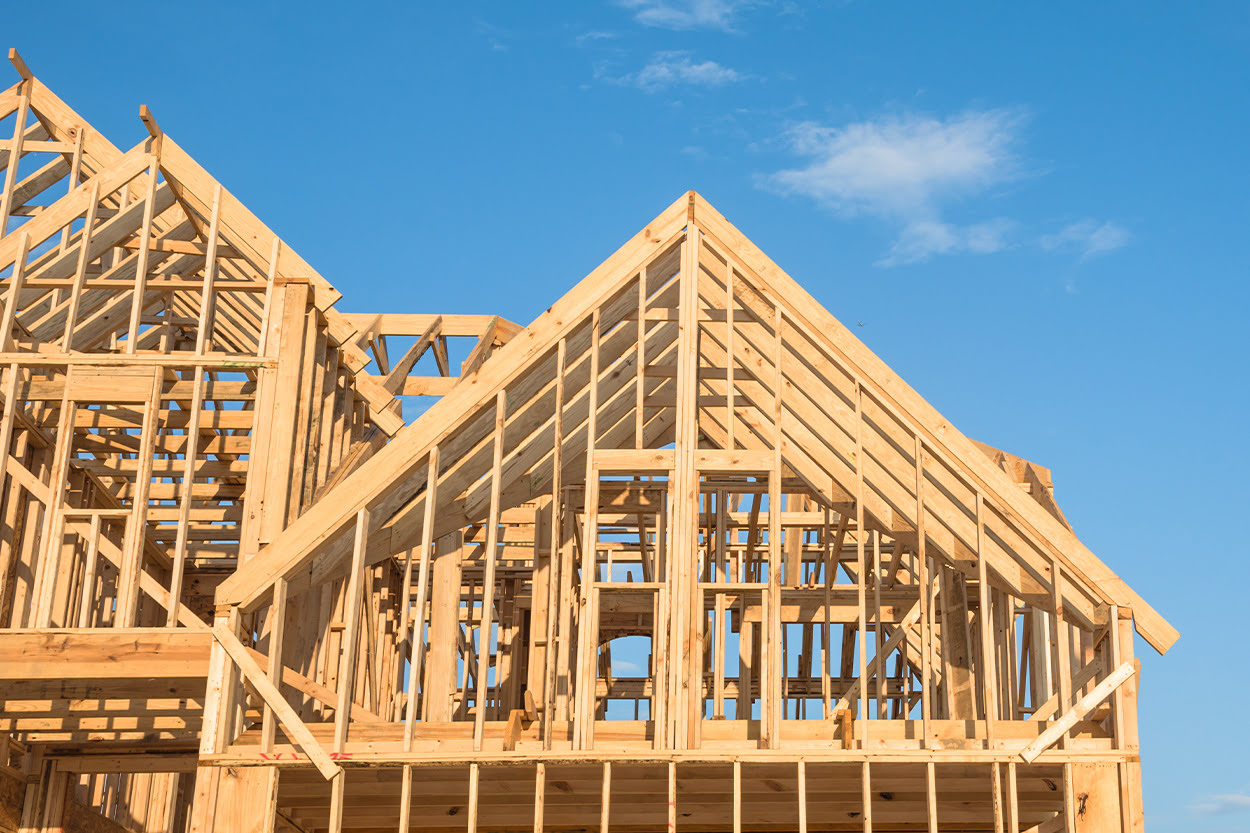
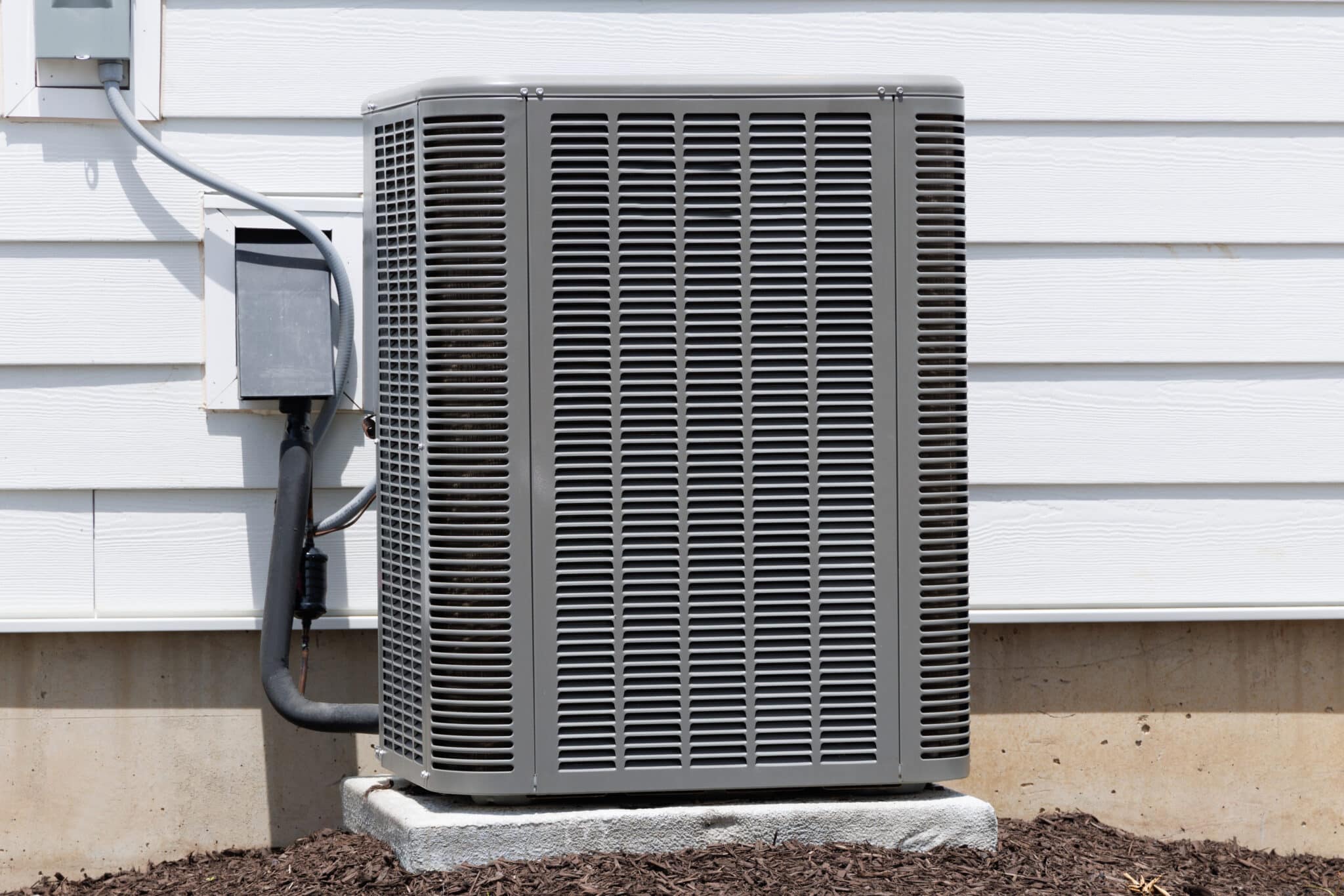
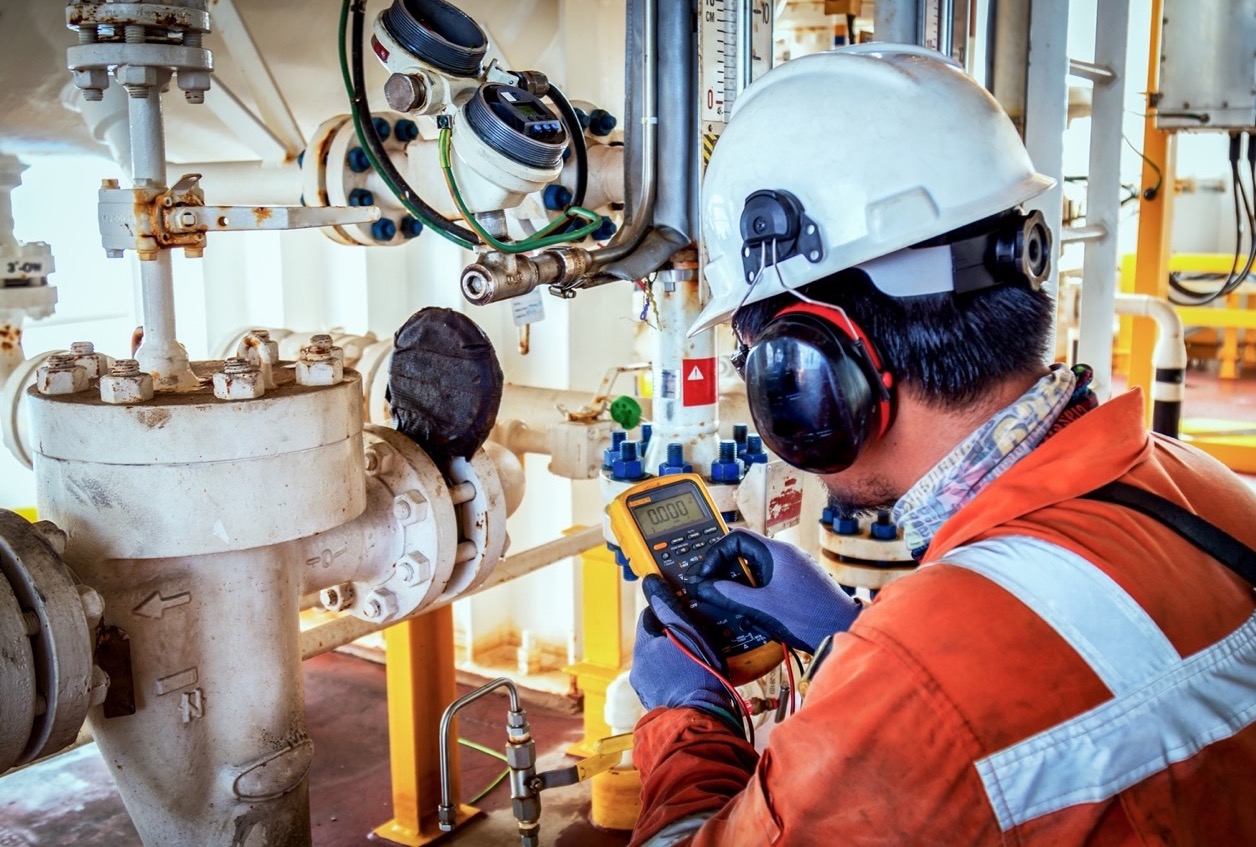
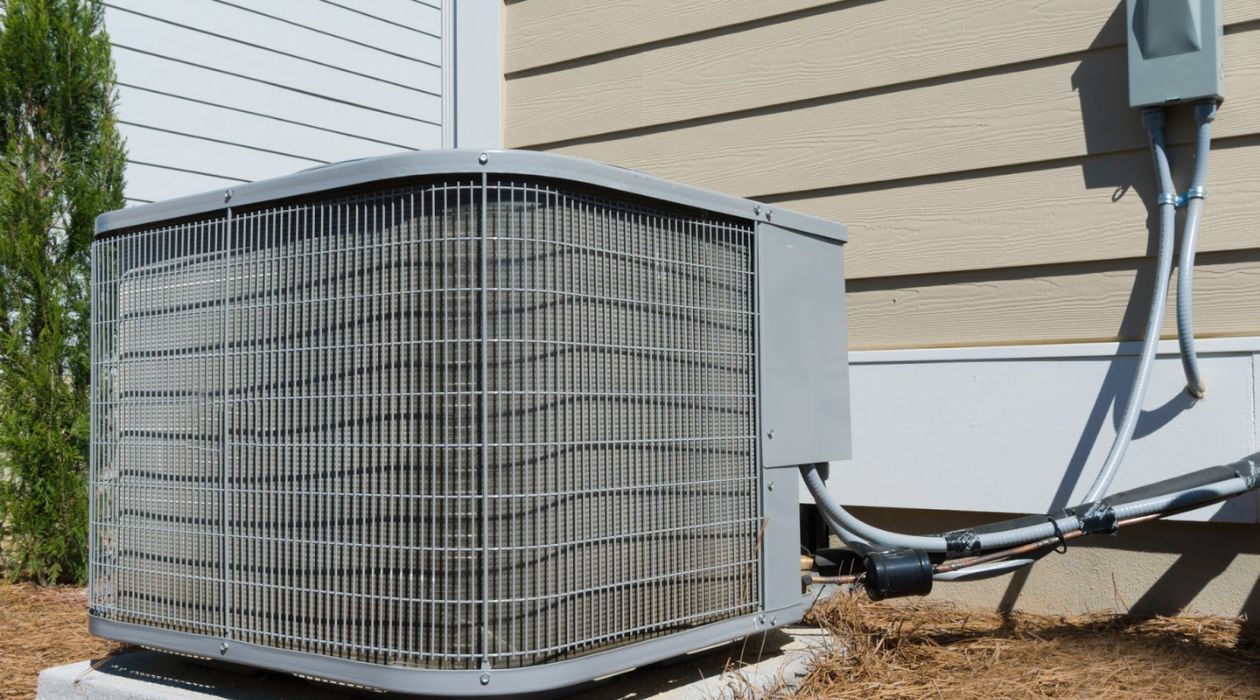
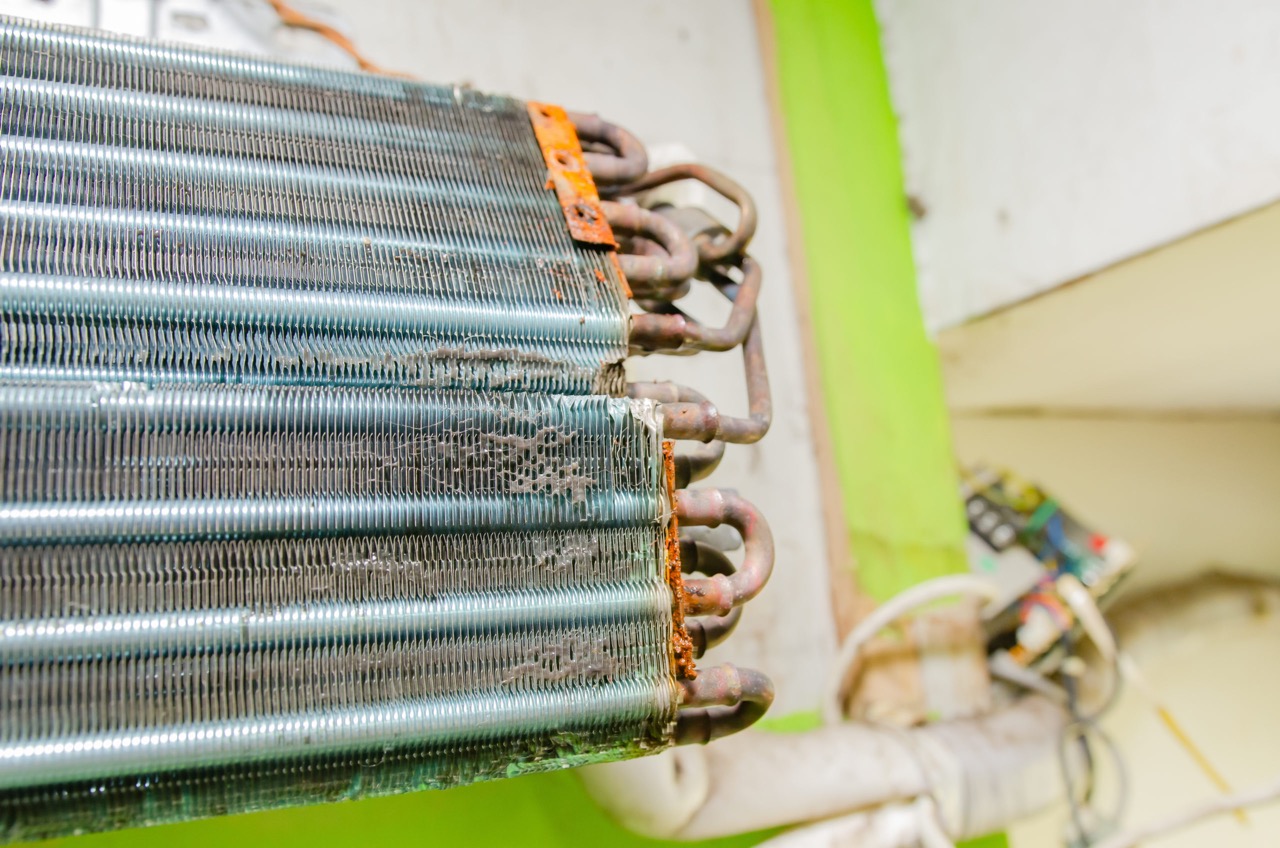
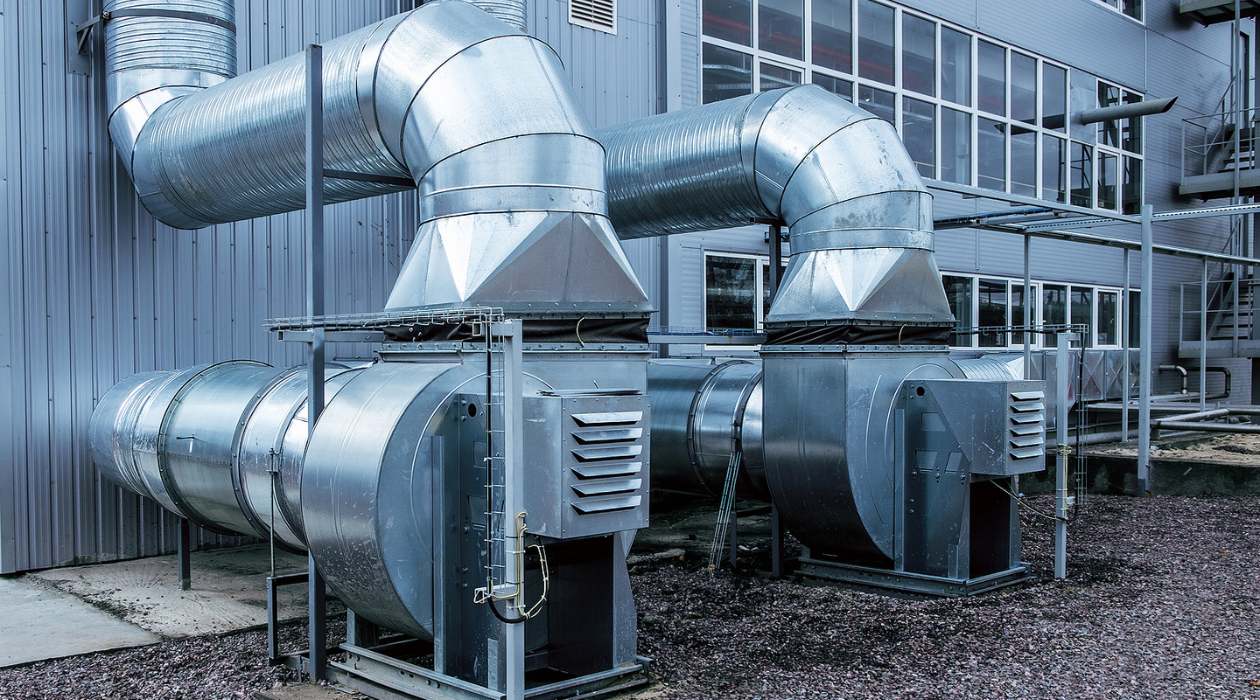
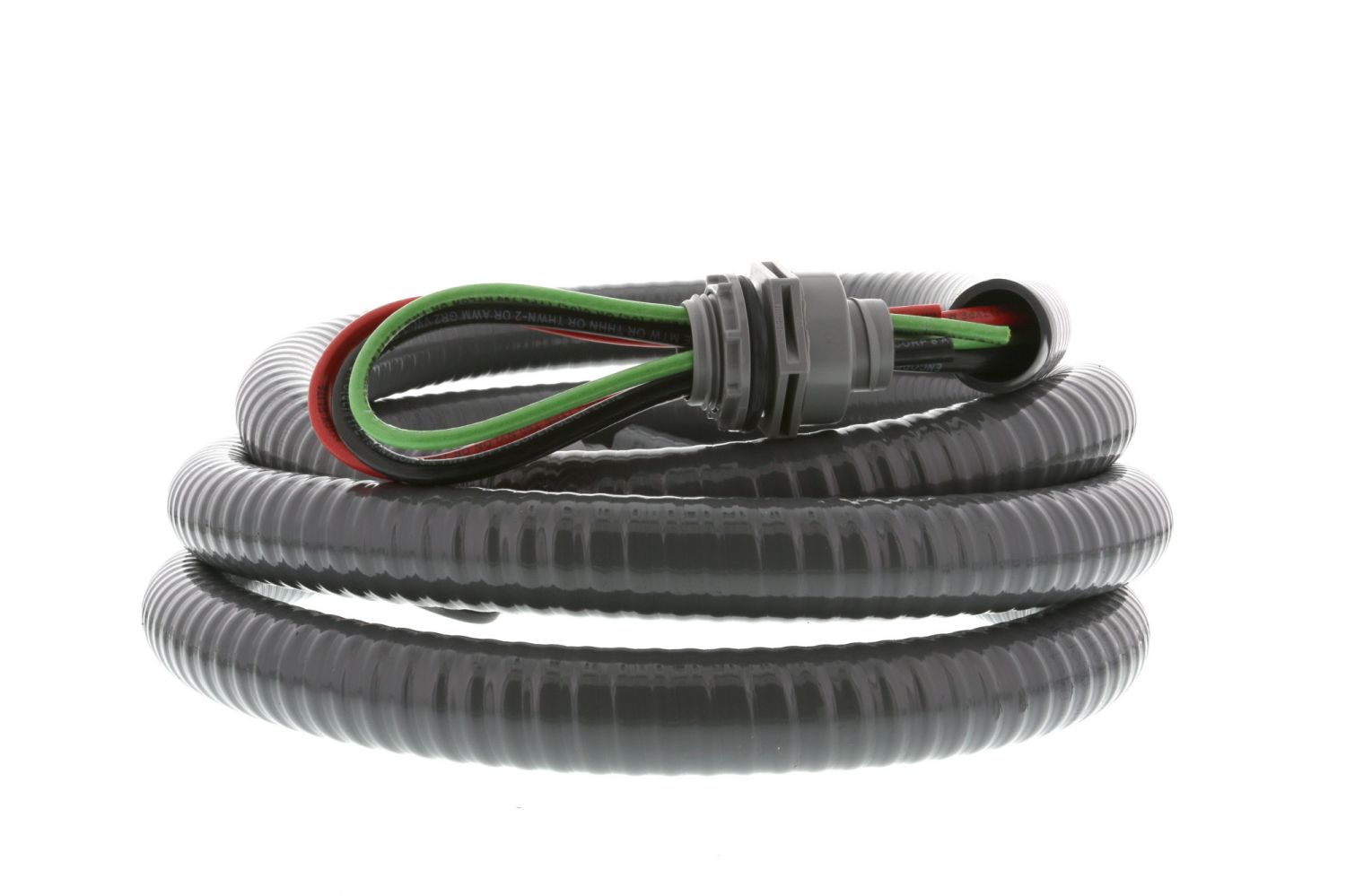
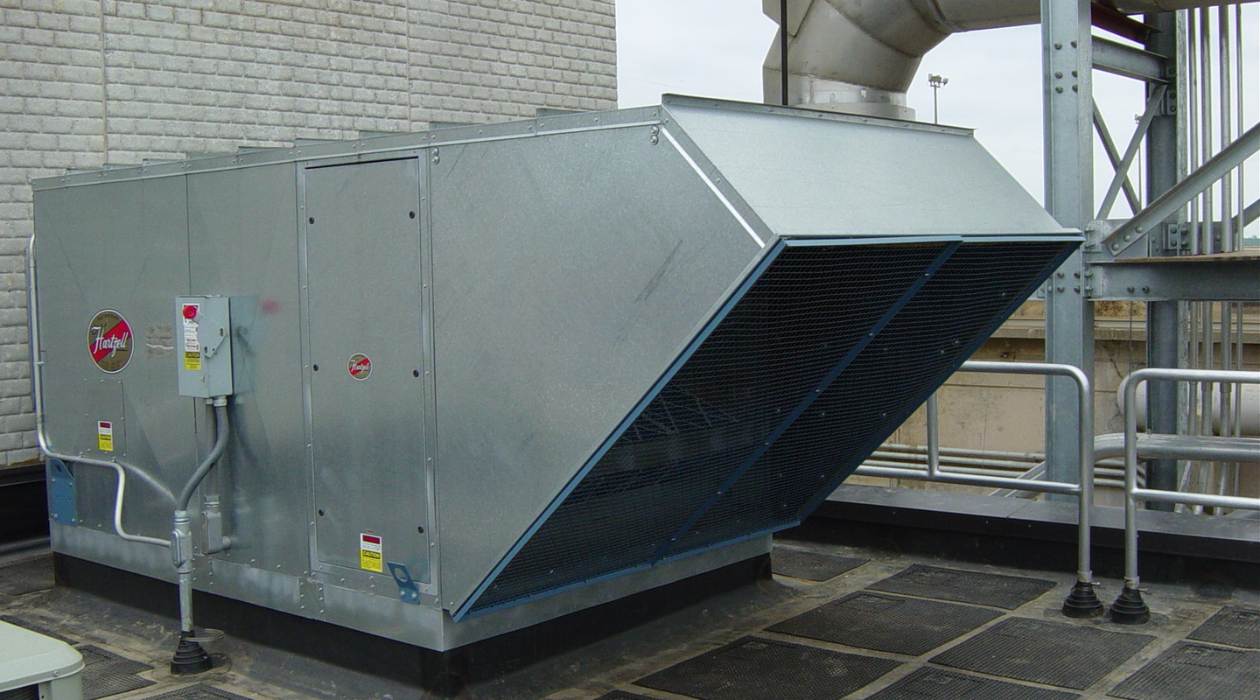
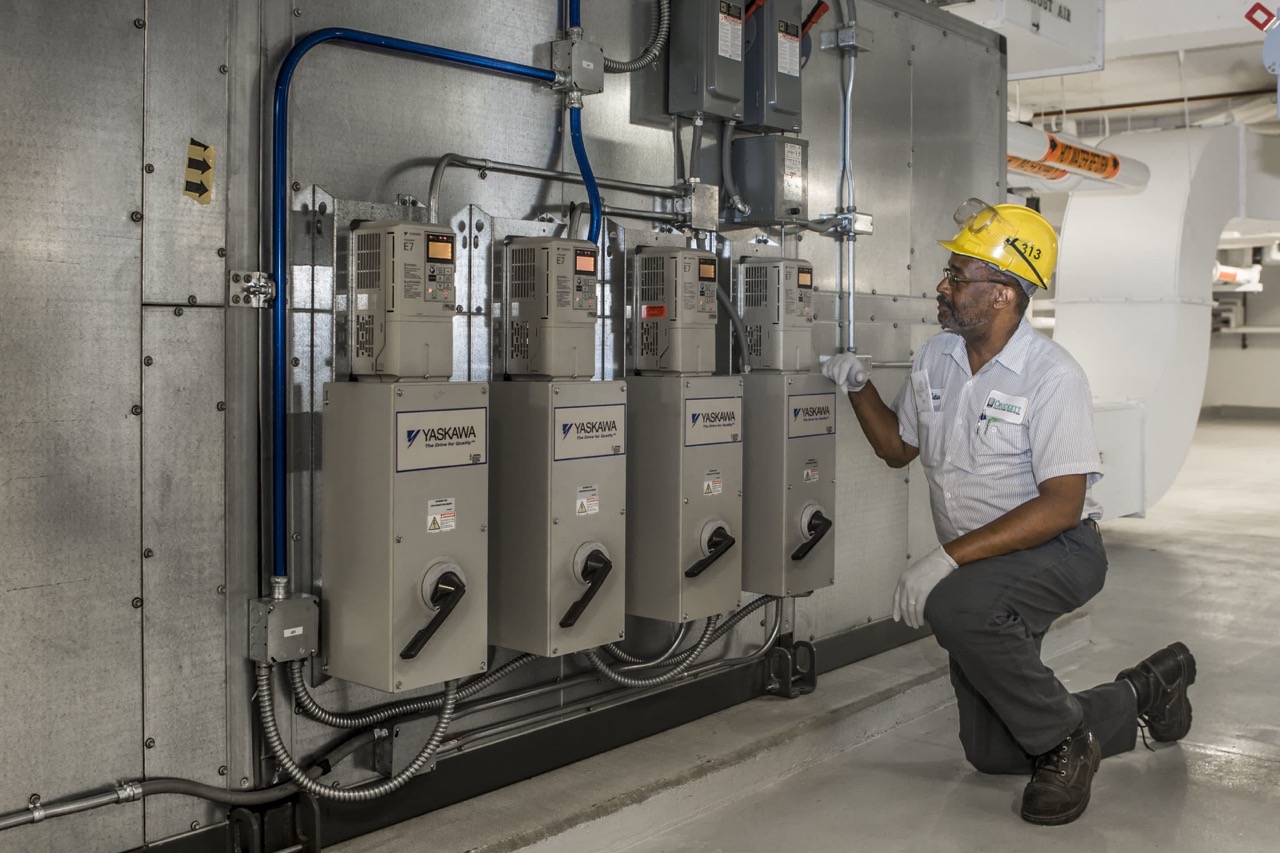
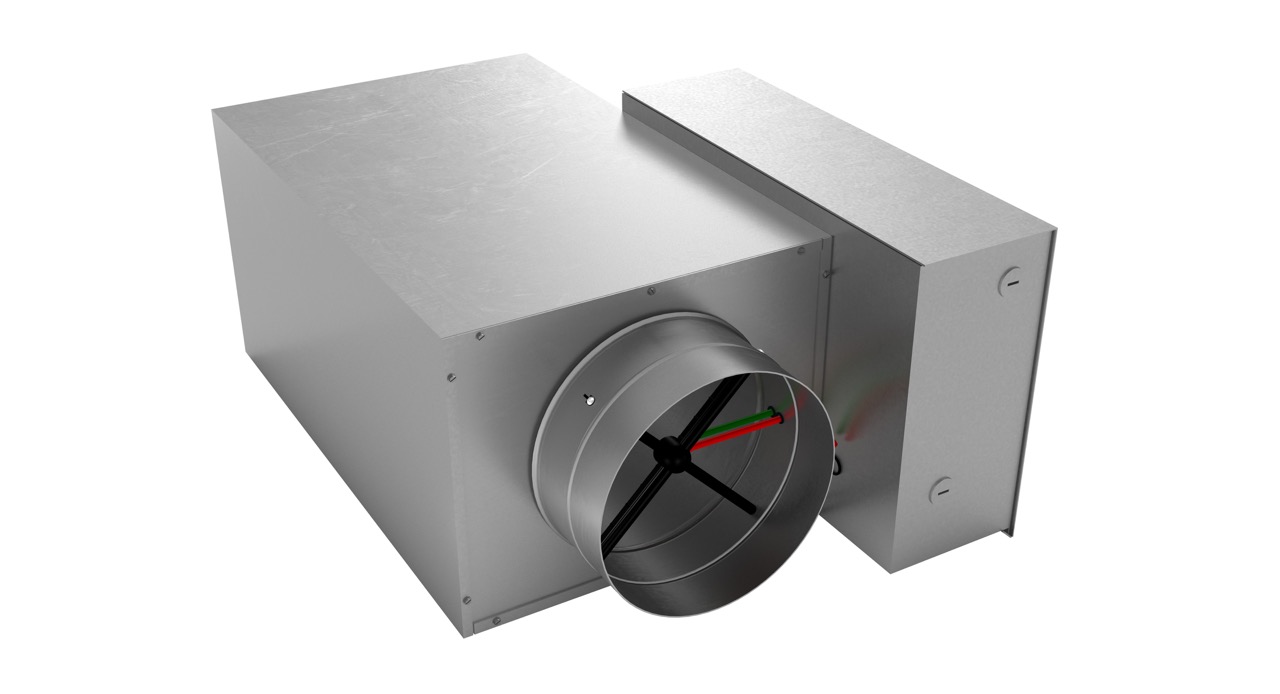

0 thoughts on “What To Consider When Buying A New HVAC System”